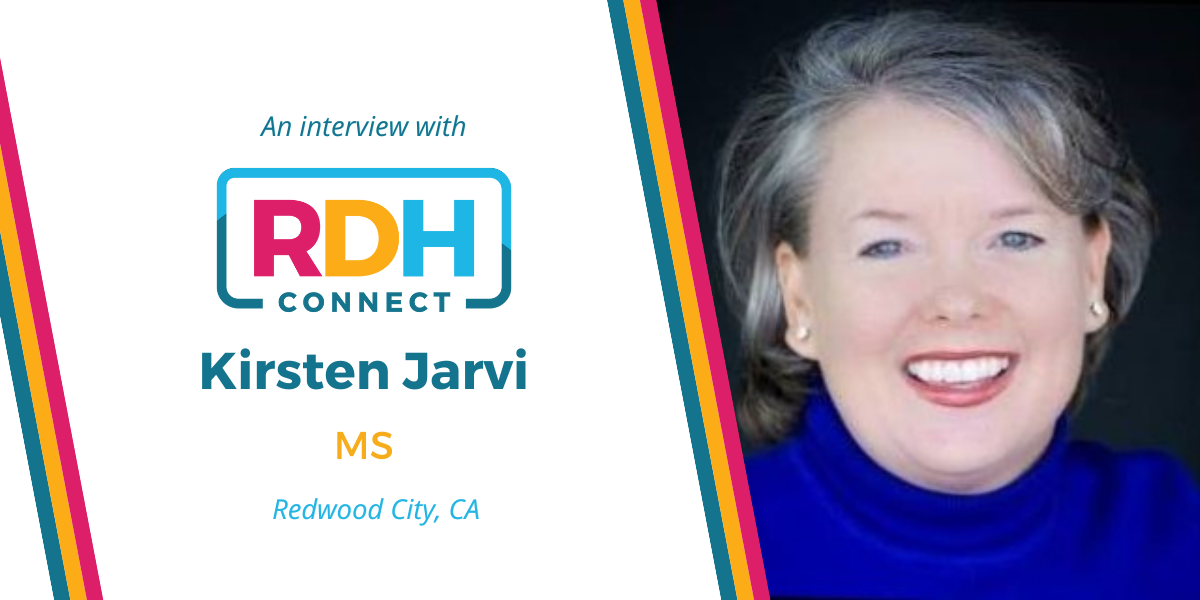
Prioritize your well-being with professional boundaries. Advocate for self-care, quality work, and effective communication. Prevent burnout, thrive!
Boundaries are important in many areas of our lives; they help to balance and maintain healthy relationships. Boundaries can feel difficult to set or establish especially for those who don’t like confrontation or those that find themselves being the “yes man”. I had a difficult time setting professional boundaries when starting my career as a new grad. I wanted to prove my dedication to my career and show that I had a strong work ethic. I thought that saying no or creating boundaries would have a negative impact however, my lack of professional boundaries very quickly led to my burnout. The longer I waited to set my boundaries the more difficult it became. I was expected to say “yes” to extra tasks and work which left me overwhelmed, stressed, and physically exhausted. Creating professional boundaries doesn’t have to be scary or negative. Creating professional boundaries helps you advocate for yourself and your needs, allows for proper work/life balance, and helps to ensure longevity in your career.
3 professional boundaries that I use and have found helpful;
- Scheduling needs: Schedules are extremely important for hygienists, especially considering that oftentimes they are made six months in advance. Most of the time we are the primary care provider for our patients so having a properly managed schedule is imperative for both us and our patients.Take the physical demands of our job into consideration when building your schedule. Schedules may need to be pre-blocked to allow for proper scheduling of periodontal maintenance and recall appointments. More difficult appointments like scaling and root planing may need to be limited to one or two per day to allow for the body to recover in between procedures. Think about what you need from your schedule and advocate for this, prioritize your body’s needs and your personal time.
- Time allotted for treatment: Focus on quality over quantity. We cannot prioritize quality care or our patients’ true needs if we are being asked to rush through appointments. Not only do our patients suffer from shortened treatment time but as providers we suffer as well. Shortened appointments means that short cuts may be taken to stay on time. Ergonomics may be sacrificed leading to pain and physical fatigue. Mental health can also be affected. Advocate for your needs because we rely on our bodies for our job, we are not machines and should not be treated as such. Request that you are given time that you need to provide quality care for yourself and your patients.
- Proper communication: Proper communication is key for teams to function. Let others know how you communicate and when there is an appropriate time to communicate with you. Be open to learning other forms of communication and be mindful of how others communicate and receive information, be respectful of others. Be sure to only communicate what you feel comfortable communicating and communicate to the respective party. No one should be forced to communicate job duties or responsibilities if they are not in a management position.Professional boundaries may differ from person to person, it depends on what the individual values and prioritizes. Setting professional boundaries doesn’t have to be negative, it shows that there is a level of self-respect and is an admirable quality. Setting professional boundaries sets you up for success, helps to create healthy relationships based on mutual respect, and helps prioritize your mental health. Whether you are just starting your career, or have been practicing for some time, think about what you require or need to maintain your work/life balance, avoid burnout, and ultimately have a successful career. It’s important to advocate for your needs because if you don’t, no one else will. Remember that it is okay to do what is best for you even though it may upset other people.





